Harmanpreet Kaur’s World Cup-winning catch is now a watershed moment in the history of women’s cricket in the country. The Women’s Cricket World Cup trophy, which had evaded India for so long, is finally in the grasp of the Women In Blue. The road to glory, though, was filled with hardships.
In a country where even in 2025, sports are not seen as a viable career option, one can only imagine how hard it was to think of playing cricket as a woman five decades ago, when the story of women’s cricket in India really started.
Women were playing cricket in the 1970s but nothing was really organised till a certain Mahendra Kumar Sharma was determined to make things official. In 1973, Sharma registered the Women’s Cricket Association of India (WCAI) under the Societies Act under the Presidentship of Begum Hamida Habibullah.
Also Read | Unsung architects who built India’s Women’s World Cup triumph
This led to the establishment of state-level and zonal tournaments and the number of participating teams grew quickly from three in the first edition to 14 in the third!
How it all started in 1973
Sharma also managed to get registered with the International Women’s Cricket Council in 1973 and the government of India recognized WCAI five years later. He also held events to ensure that good players like Diana Edulji, Shanta Rangaswamy and Sudha Shah were getting publicity. Quality started to go up and things were soon moving along nicely, albeit slowly.
VIDEO | Mumbai: As Indian women’s cricket team wins its first-ever ICC ODI World Cup, former India captain Diana Edulji says, “I just have no words to explain. This is the proudest moment of my life. 50 years of my being on the cricket field as a player and an administrator. I am… pic.twitter.com/2756WhVlD9
— Press Trust of India (@PTI_News) November 2, 2025
Indian women played their first unofficial Test match in 1975 and a year later, they managed to beat West Indies in Patna to register their first-ever victory.
In 1978, the second edition of the Women’s World Cup came to India, giving the sport a further boost. Though India lost the three games that they played, crowds flocked to the stadiums in big numbers, mainly to watch cricket being played in skirts. India became the first team to play the game in trousers, which soon became the norm.
Edulji, Rangaswamy, Shah passed the torch to players like Sandhya Agarwal, Neetu David, who then paved the way for Anjum Chopra and Mithali Raj.
In 2005, India reached the World Cup final, only to receive a thrashing at the hands of a well-oiled Australian team.
The women were hardly given match time all this while and there were no annual contracts as well. The financials of the game were also weak. In 2006, WCAI merged with the Board of Control for Cricket in India, meaning the entire professional cricket scene in India was now managed by BCCI.
BCCI’s fortunes turned with the Indian Premier League (IPL) in 2008 and soon it became the financial centre of the entire cricketing world. Despite all the money pouring into BCCI, women’s cricket remained on the back burner.
Heartbreaks in 2005, 2017 before 2025 glory
However, in 2017, it all changed.
Harmanpreet Kaur hit 171 not out in arguably the greatest ODI innings ever played and India upset Australia in the semifinal. India looked set to win the trophy before a late collapse in the final ended the dream. However, the hearts were won.
Despite falling short, Indian women generated massive buzz on social media and soon the demand for an IPL for women grew loud, forcing BCCI to finally give a green light to the Women’s Premier League in 2023. A year ago, the body had also announced pay parity for women cricketers with their male counterparts.
The WPL further accelerated the growth and gave a big boost to the popularity of the game.
The home World Cup this year saw record-breaking crowds and India’s win in the final also silenced critics.
The journey of Indian women’s cricket that began in Lucknow in 1973 and took off rapidly in the last decade or so, saw a beautiful culmination with Harmanpreet Kaur and Co lifting the title. Indian women, however, would now want to turn this win into the start of a dominant run.


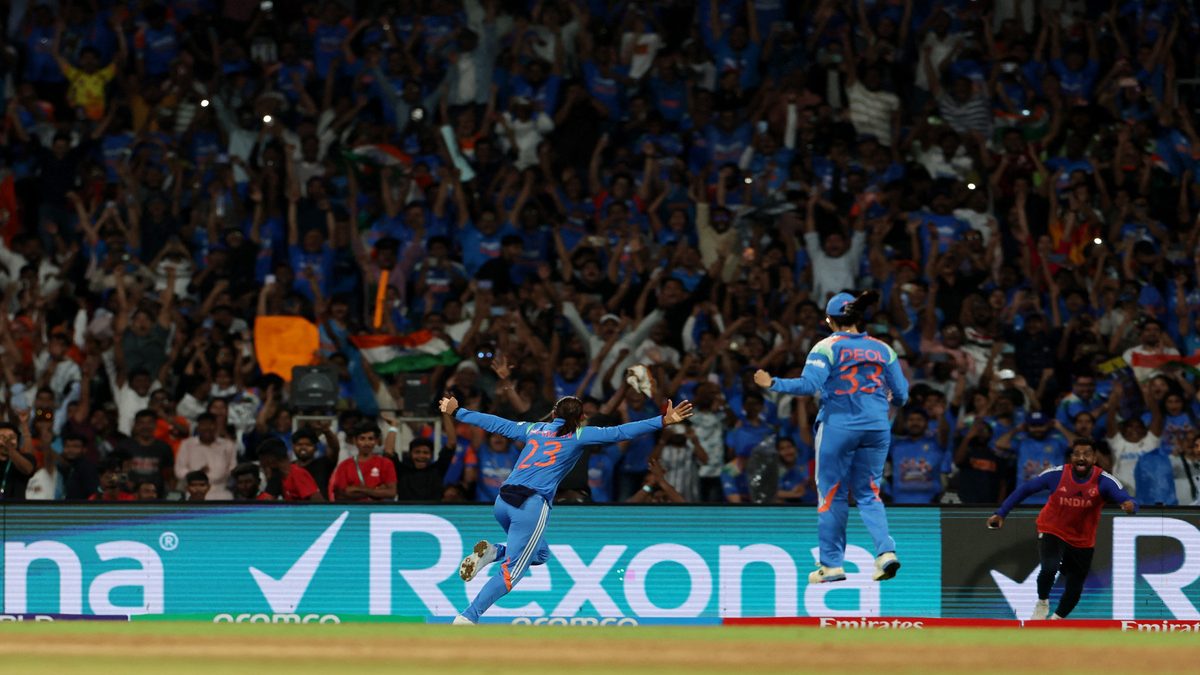)

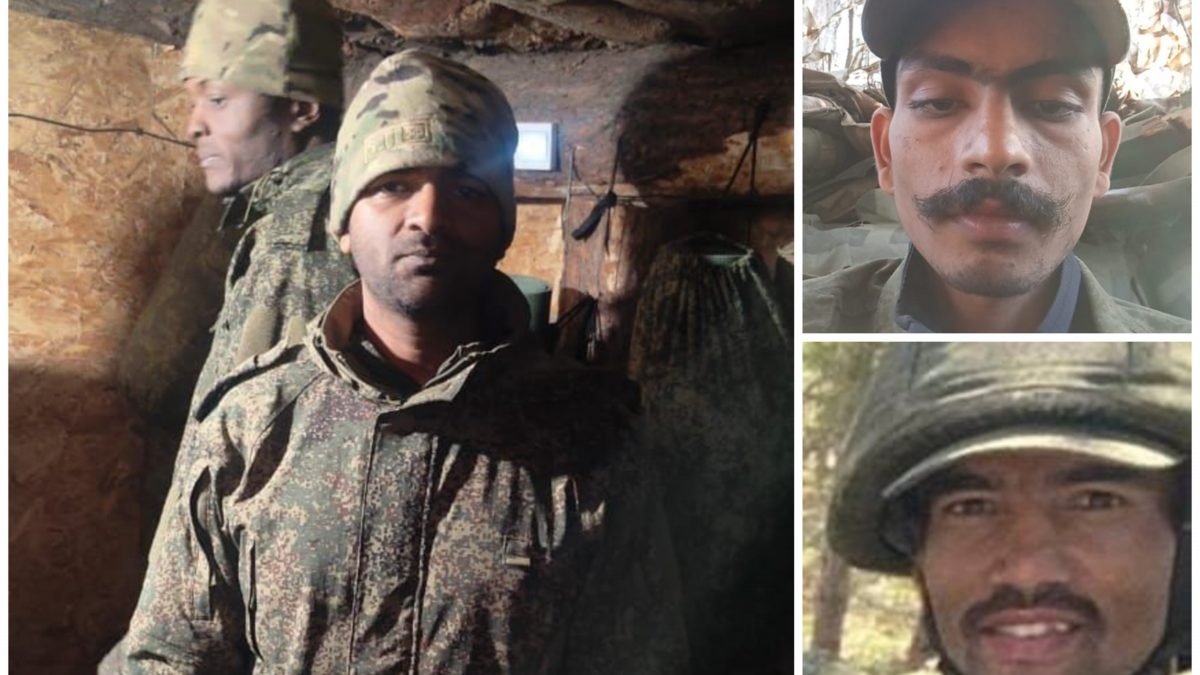)
)
)
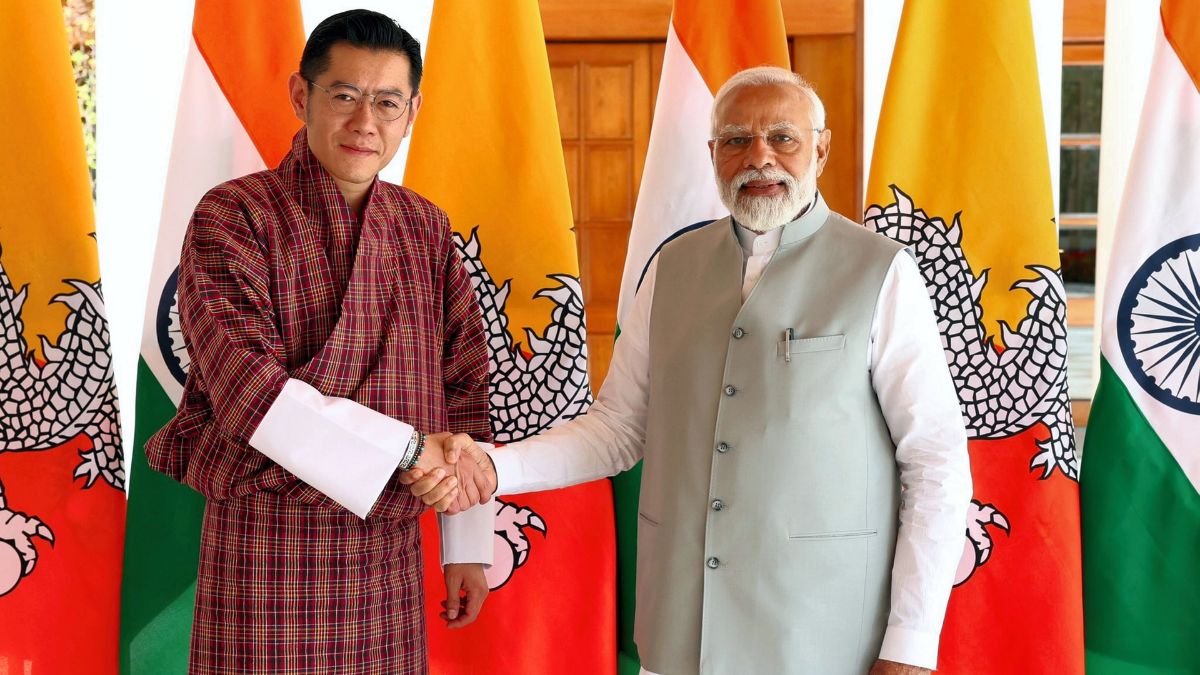)
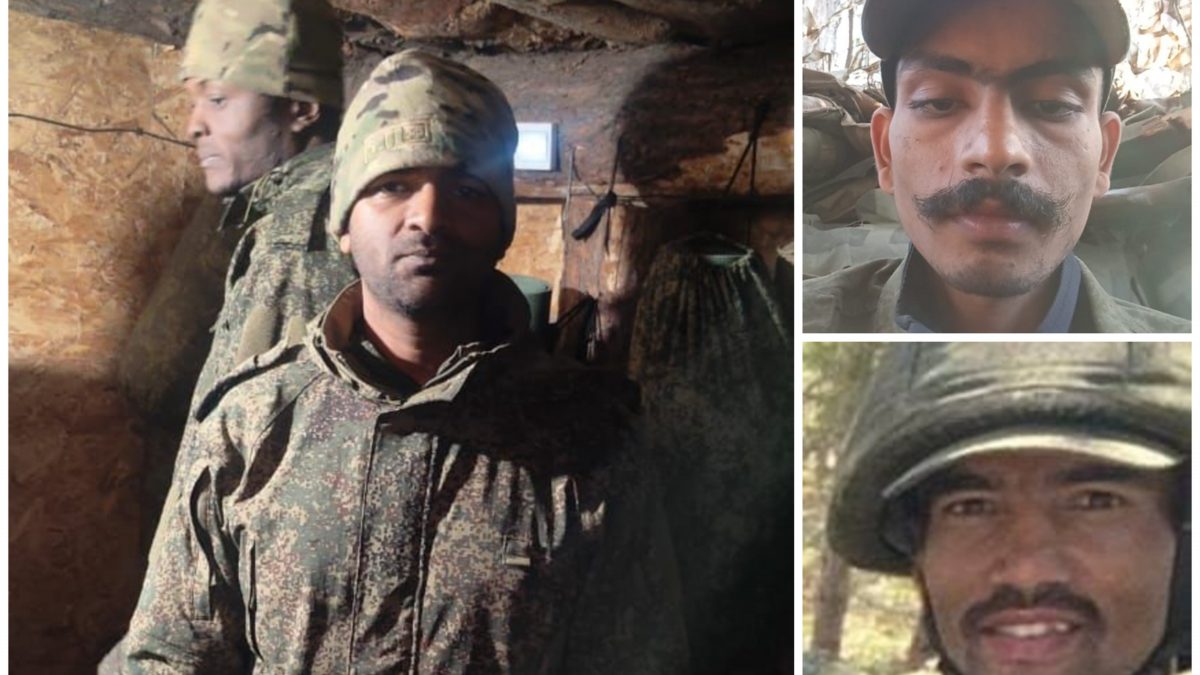)
)
)
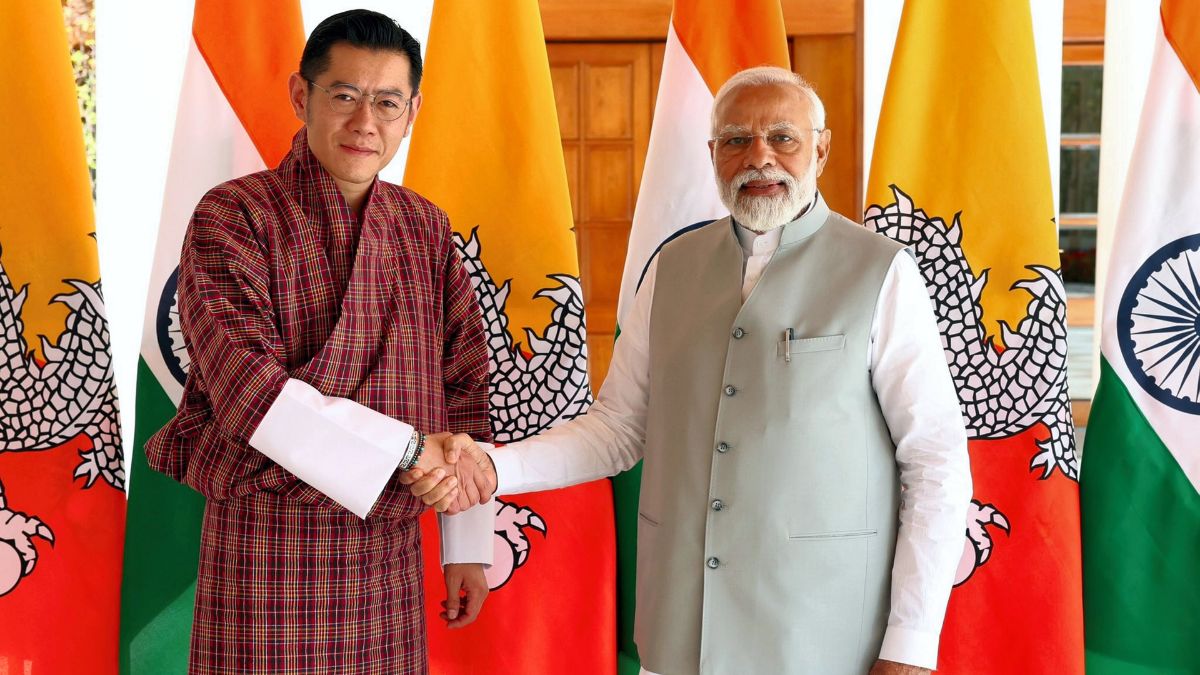)



